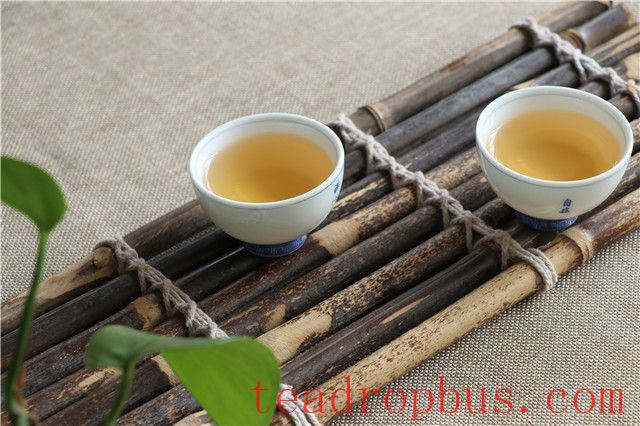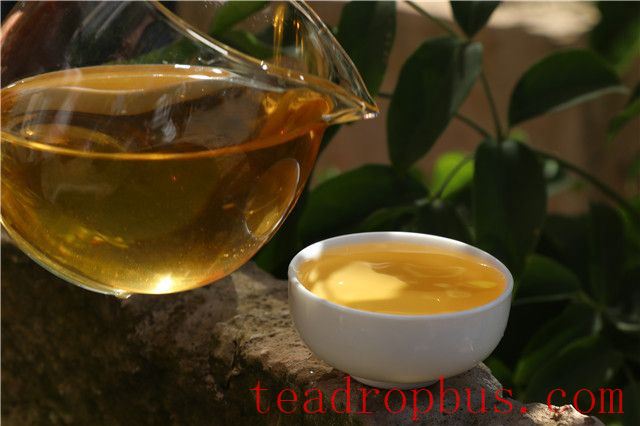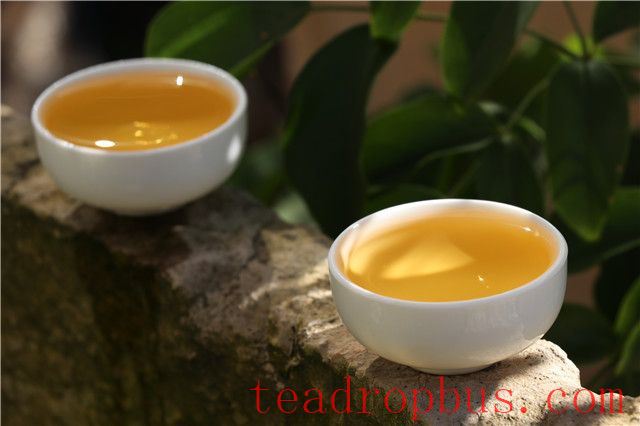Drinking Tea in moderation after a meal generally does not harm your health, so there's no need to worry too much. However, it is not recommended to drink excessive amounts of Tea or strong tea right after eating as it may affect digestion or cause other discomfort.

Why You Shouldn't drink tea Immediately After Meals
Drinking tea immediately after a meal is a common practice for many who believe it aids digestion. However, this is actually a bad habit. Tea contains large amounts of Tannic acid which can react with iron in the food, forming insoluble compounds that prevent the gastrointestinal mucosa from absorbing iron. Over time, this can lead to iron deficiency and even trigger iron-deficiency anemia. Why should you not drink tea right after eating?

Tea itself does not contain harmful substances, and it doesn't generate health-harming compounds when combined with food. Drinking tea after a meal typically does not cause discomfort, and you can have a moderate amount of light tea. However, drinking excessive amounts of tea might dilute the digestive juices secreted by the stomach, affecting digestion and slowing it down. Additionally, tea is rich in Caffeine, and drinking too much strong tea after a meal can lead to overstimulation of the adrenal cortex, causing symptoms such as headaches, restlessness, and palpitations.

Therefore, you can drink tea in moderation after meals, controlling the quantity consumed. If you are concerned about the potential negative effects of drinking tea right after eating, you can wait for an hour before having tea. Moreover, it is also not advisable to drink excessive amounts of tea after getting drunk. The theophylline in tea has a diuretic effect, potentially impacting kidney function. Alcohol contains ethanol, which excites the nervous system, while caffeine in tea also has an exciting effect. Drinking too much tea after being drunk usually poses a greater risk to the heart and blood vessels.
Only through scientifically reasonable consumption of Pu'er tea can one achieve the effects of health preservation and wellness.